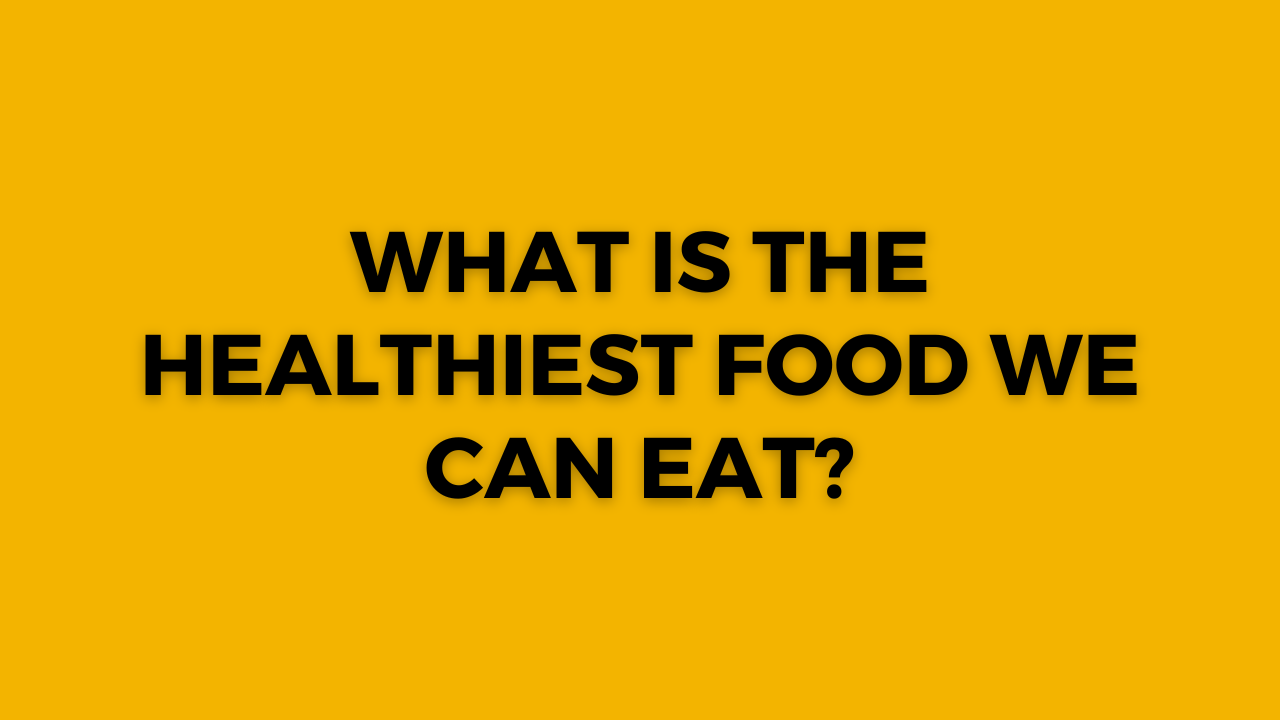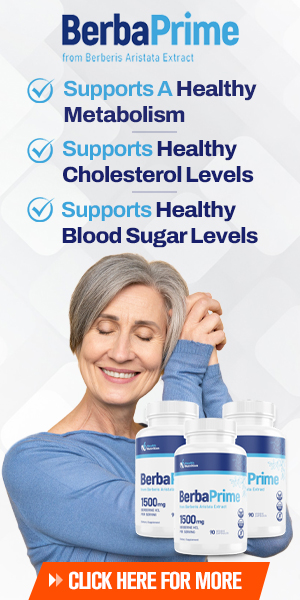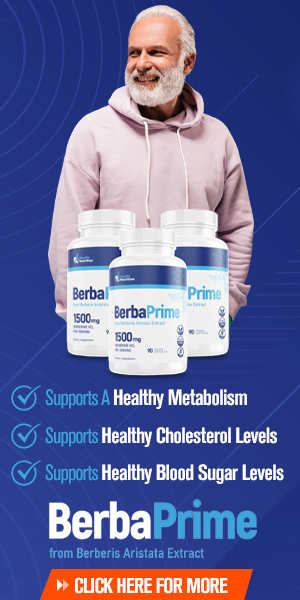The Ultimate Guide to Optimal Nutrition for Health and Wellness: In a world filled with countless dietary choices and trends, determining the healthiest food to consume can be a perplexing endeavour. However, achieving and maintaining good health is closely tied to the foods we put on our plates. This article will delve into the concept of nutrient-dense foods and explore the top choices for a diet that promotes optimal well-being.
Understanding Nutrient-Dense Foods
Before we can identify the healthiest food, it’s essential to grasp the concept of nutrient density. Nutrient-dense foods are those that provide a high concentration of essential vitamins, minerals, and other nutrients while being relatively low in calories. These foods offer a plethora of benefits for our overall health.
Benefits of Nutrient-Dense Foods
Nutrient-dense foods are the cornerstone of a healthy diet. They provide the following benefits:
- Optimal nourishment for the body
- Weight management and control
- Reduced risk of chronic diseases
- Enhanced energy levels
- Improved mental and emotional well-being
A Balanced Diet for Optimal Health
The healthiest diet is one that strikes a balance between various food groups. It’s a holistic approach to nutrition that ensures our bodies receive a wide array of essential nutrients.
The Power of Fruits and Vegetables
Fruits and vegetables are nutritional powerhouses. They are packed with vitamins, minerals, fiber, and antioxidants, making them essential for a healthy diet.
Lean Proteins for Health
Proteins are the building blocks of our bodies. Lean protein sources like chicken, fish, and legumes play a vital role in maintaining muscle mass and overall health.
Whole Grains: The Foundation of a Healthy Diet
Whole grains, such as brown rice and quinoa, are rich in fiber and nutrients. They provide sustained energy and support digestive health.
Healthy Fats: Nourishing Your Body
Healthy fats, like those found in avocados and nuts, are crucial for brain function, cell health, and the absorption of fat-soluble vitamins.
Hydration: The Forgotten Hero
Water is often overlooked, but staying adequately hydrated is vital for bodily functions, energy levels, and overall well-being.
Superfoods That Pack a Punch
Certain foods, often referred to as “superfoods,” offer exceptional health benefits. These include blueberries, kale, and salmon.
Meal Planning for Health
Meal planning is a practical approach to ensure that the healthiest foods are incorporated into your daily diet. It allows for better control over portion sizes and nutrient intake.
Dietary Guidelines and MyPlate
National dietary guidelines and the MyPlate model provide invaluable information for making nutritious food choices.
The Pitfalls of Processed Foods
Processed foods are often high in empty calories, unhealthy fats, and added sugars. Understanding the dangers of these products is crucial for a healthier lifestyle.
The Role of Supplements
While food should be the primary source of nutrients, supplements can fill in the gaps in our diet. However, they should be used with caution and under the guidance of a healthcare professional.
Conclusion
In conclusion, the healthiest food we can eat is a well-balanced diet composed of nutrient-dense foods. By focusing on fruits, vegetables, lean proteins, whole grains, healthy fats, and staying hydrated, we can optimize our health and reduce the risk of chronic diseases. Remember, it’s not about a single food item but the overall dietary pattern that matters most.
5 Unique FAQs
- Q: Can one food be considered the healthiest?
- A: Not really. It’s about the combination of nutrient-dense foods that matters most for your health.
- Q: Are all processed foods unhealthy?
- A: Not necessarily, but many are. It’s crucial to read labels and choose wisely.
- Q: Can supplements replace a balanced diet?
- A: No, supplements should complement a healthy diet, not replace it.
- **Q: How can I make meal planning easier?
- A: Start by creating a weekly meal plan and shopping for the necessary ingredients in advance.
- **Q: What are some examples of nutrient-dense snacks?
- A: Nuts, Greek yogurt, and fresh fruits make excellent nutrient-dense snacks.






